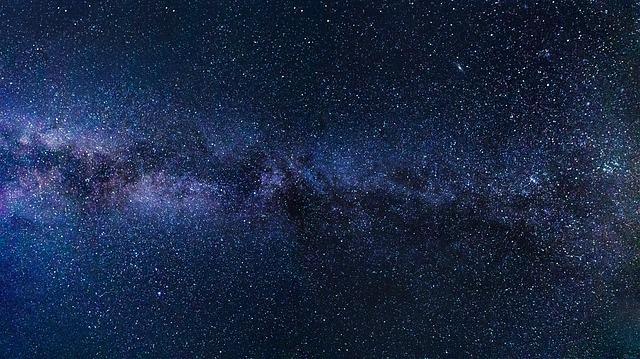
Although there are different theories, the origin of the universe remains a mystery.
The origin of the universe is one of the great mysteries of humanity. Throughout history, theories and assumptions have varied according to the acquisition of knowledge and the advancement of science.
Before continuing, it is important to analyze the terms that make up the expression. The emergence, cause or beginning of something is called origin . The universe , meanwhile, refers to the set of what exists. In a more precise sense, it is common for the concept to refer specifically to planet Earth and everything that surrounds it ( stars , other planets, etc.).
What is meant by the origin of the universe
It is considered that the origin of the universe is the moment in which the matter that we find in the world today made its appearance. Currently, the scientific consensus maintains that this origin is linked to an explosion of enormous magnitude known as the big bang .
According to this theory, approximately 13.8 billion years ago the explosion occurred that made possible the formation of matter, energy , time and space . It is estimated that the early evolution of the universe is linked to this event, which also determined its expansion .
Astronomer Edwin Hubble is considered the discoverer of universal expansion. His observations allowed us to ratify what was postulated by thinkers such as Albert Einstein and Georges Lemaître , among others.

The scientific consensus maintains that the origin of the universe is due to a great explosion known as the big bang.
The step by step
Before the appearance of our universe, there was a macro-universe whose nature is unknown. It is estimated that there was a gravitational singularity (an area of space-time where it is not possible to recognize magnitudes linked to gravitational fields) that concentrated all of time , space, energy and matter.
The force that would have caused the start of the big bang is called inflationary force . An enormous impulse of violence that led the universe to continue expanding even today.
This set of postulates is called cosmic inflation . It can be said that cosmic inflation provides an explanation for the extremely rapid expansion that the universe had at its birth.
The big bang, in short, caused that gravitational singularity of infinite density and extremely high temperature to begin to expand. This phenomenon generated the matter and energy that make up the universe. After the explosion, cooling began, leading to the stabilization of the particles and the appearance of neutrons and protons , for example.
The origin of the universe and dark matter
It cannot be omitted to mention that, for the validity of the big bang theory when it comes to explaining the origin of the universe, it is necessary to incorporate a concept that has been called dark matter .
This is because, if the big bang developed as today's scientific consensus suggests, there must be a large amount of matter that exceeds that which we know. At this point the notion of dark matter arises, which does not register interactions with electromagnetism or nuclear forces .
It is believed that 95% of the matter in the universe is dark matter, which does not emit electromagnetic radiation of any kind. Given the impossibility of demonstrating its existence, an inference is used to postulate its presence.
